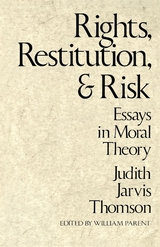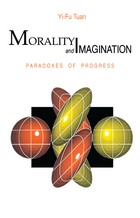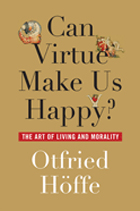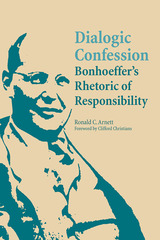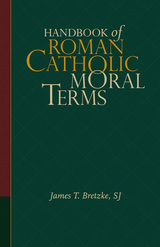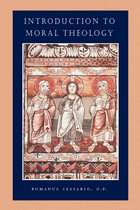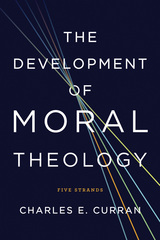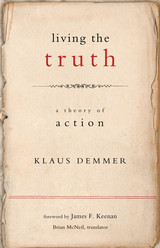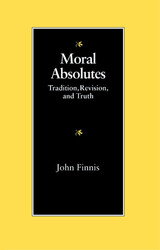Paper: 978-0-87840-717-0
Library of Congress Classification BJ1249.C79 1999
Dewey Decimal Classification 241.042
The Catholic tradition has always tried to explain its theology in a coherent and systematic way, but the great changes and tensions existing within Catholic moral theology today have made it difficult to develop systematic approaches to what was once called fundamental moral theology. Now a leading scholar active in this field for forty years offers a synthesis of Catholic moral theology set in the context of the broader Catholic tradition and the significant developments that have occurred since the Second Vatican Council.
Charles E. Curran’s succinct, coherent account of his wide-ranging work in Catholic moral theology points out agreements, disagreements, and changes in significant aspects of the Catholic moral tradition. His systematic approach explores major topics in a logical development: the ecclesiological foundation and stance of moral theology; the person as moral subject and agent; virtues, principles and norms; conscience and decision making; and the role of the church as a teacher of morality.
Curran’s work condenses and organizes a large amount of material to show that the Catholic theological tradition is in dialogue with contemporary life and thought while remaining conscious of its rich history. Of great interest to theologians for its broad synthetic scope, this book is also a thorough introduction to the Catholic moral tradition for students and interested readers, including non-Catholics.
See other books on: Catholic | Catholic authors | Christian ethics | Curran, Charles E. | Synthesis
See other titles from Georgetown University Press


